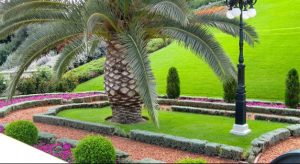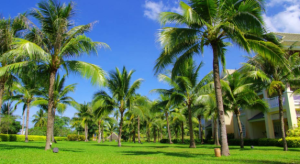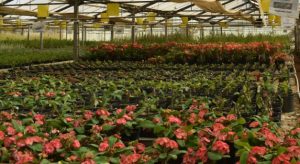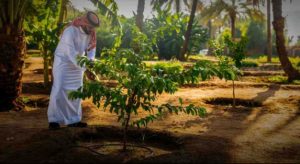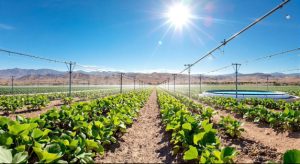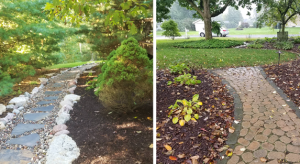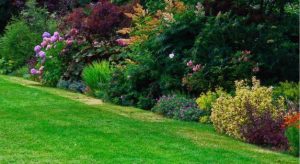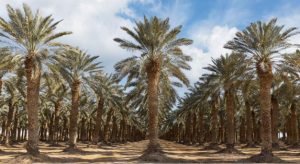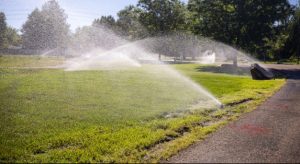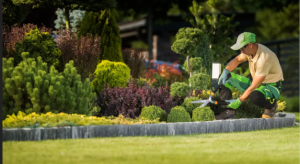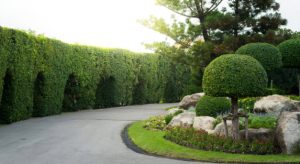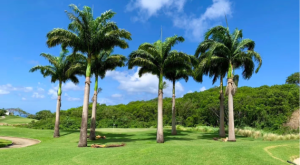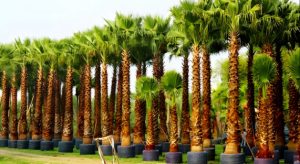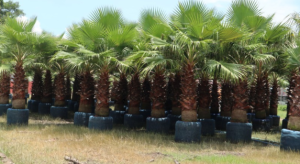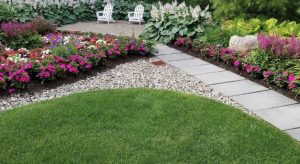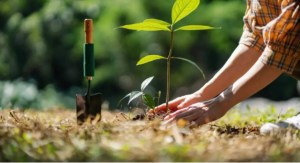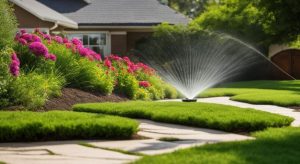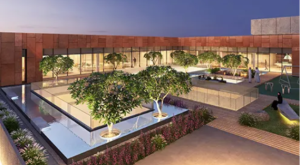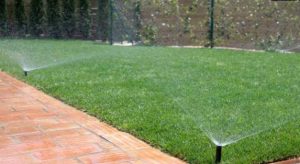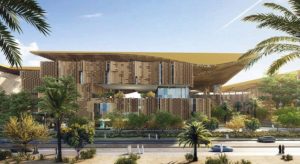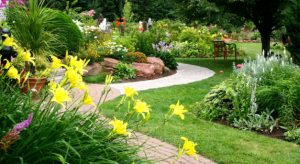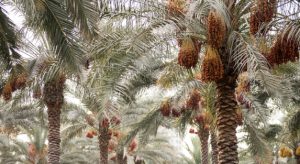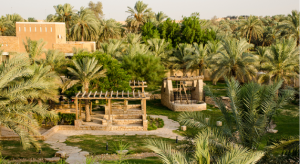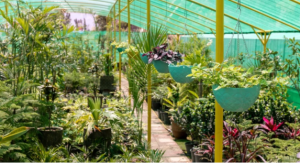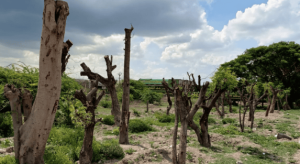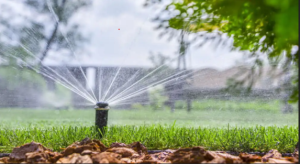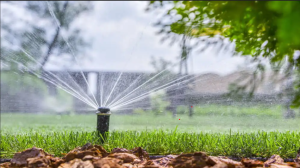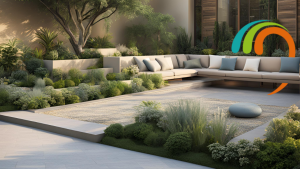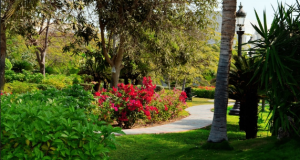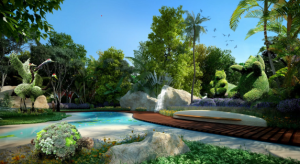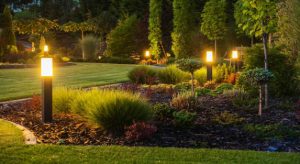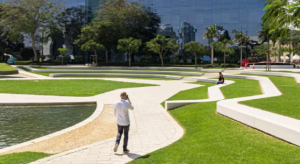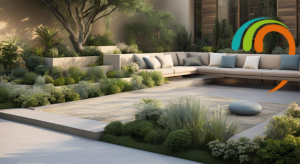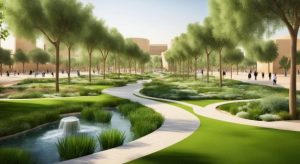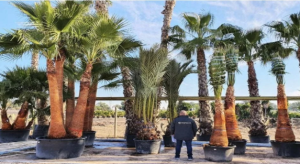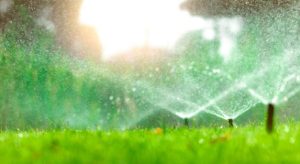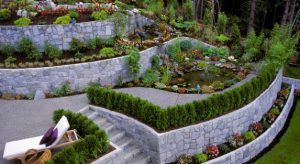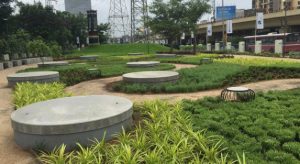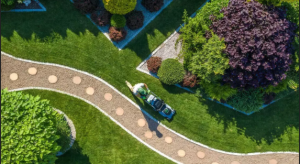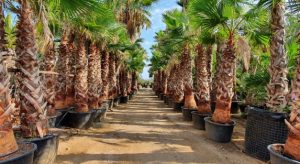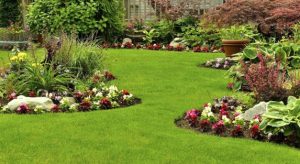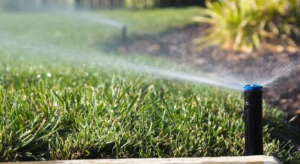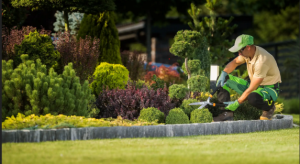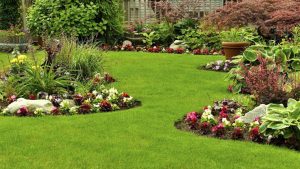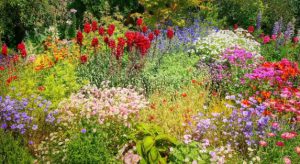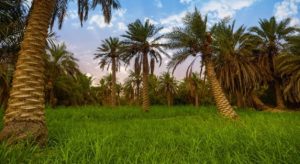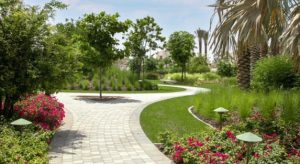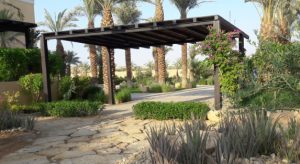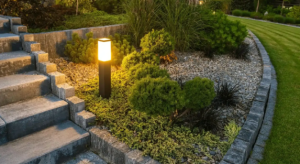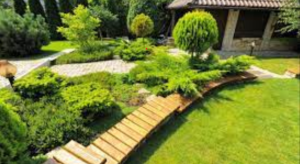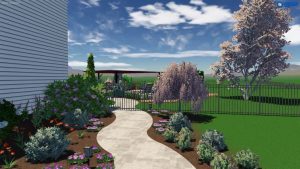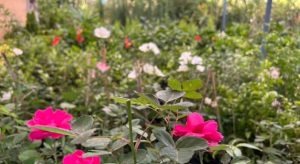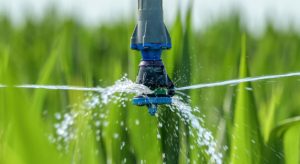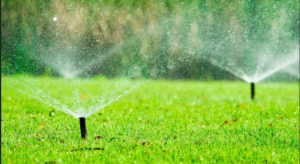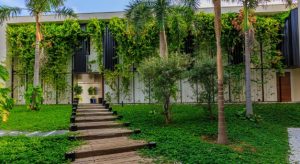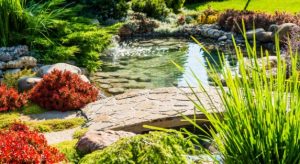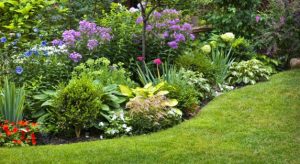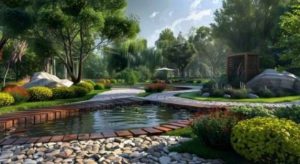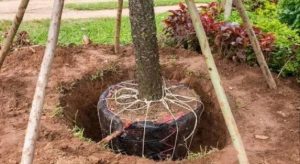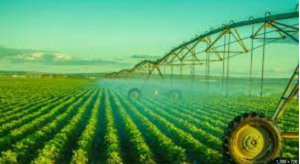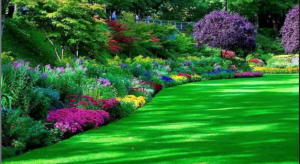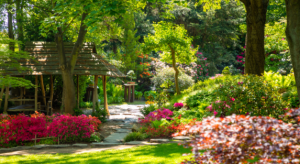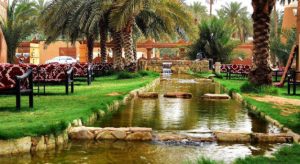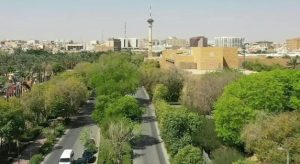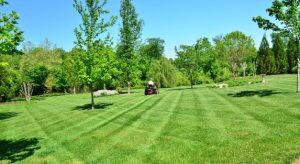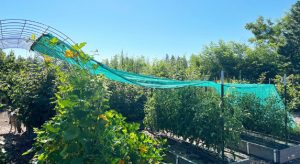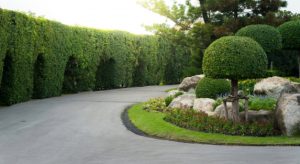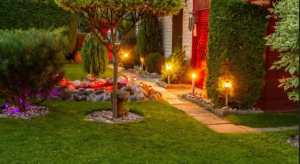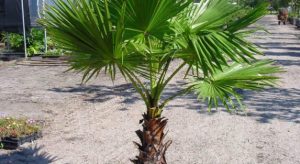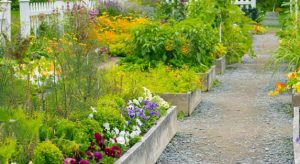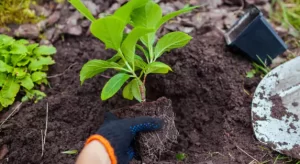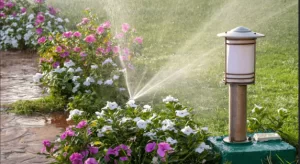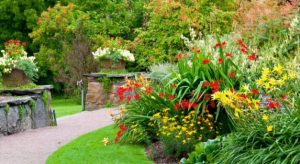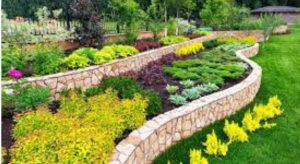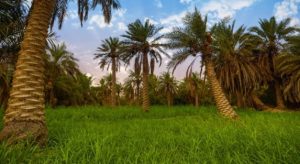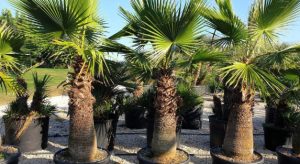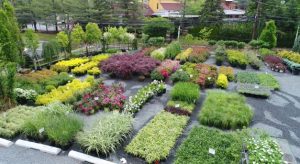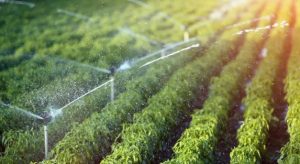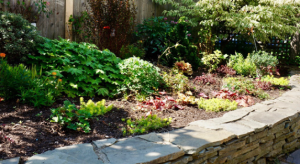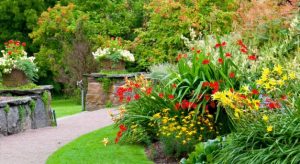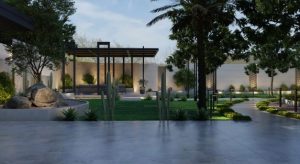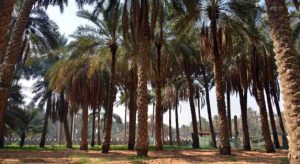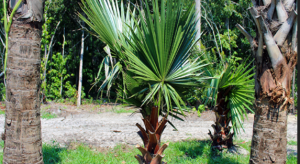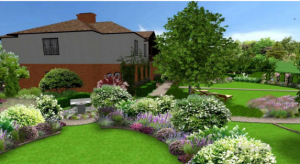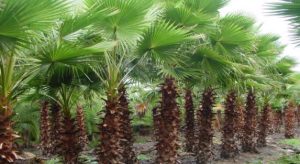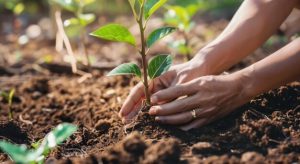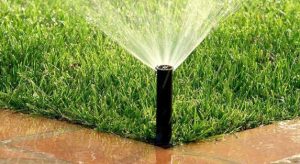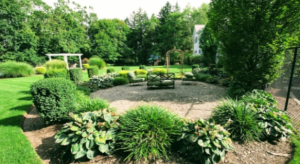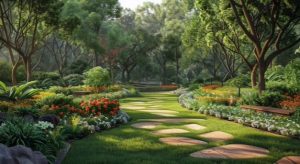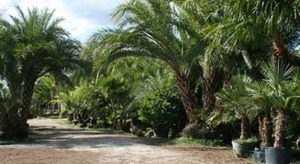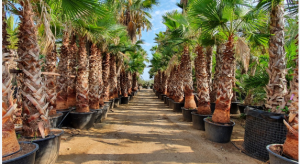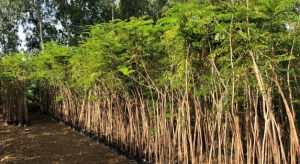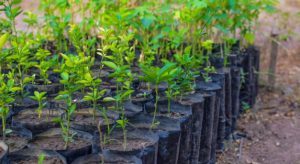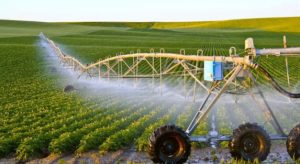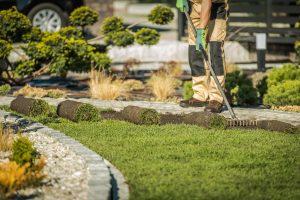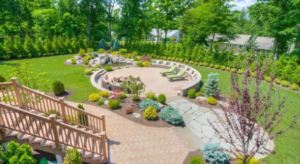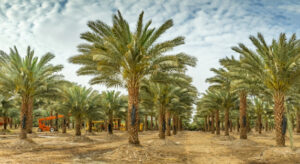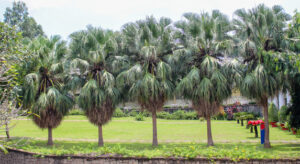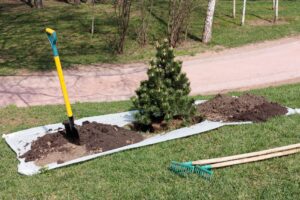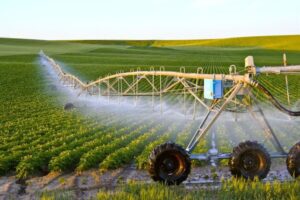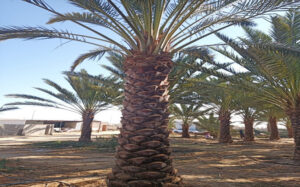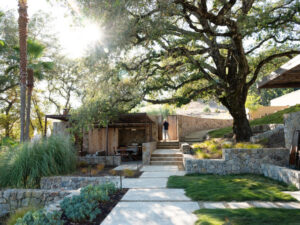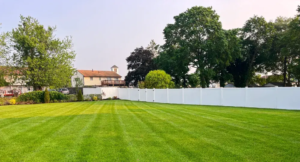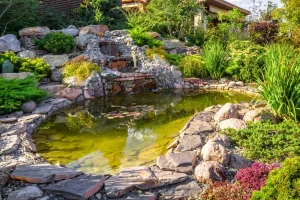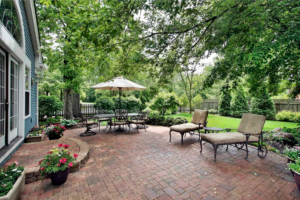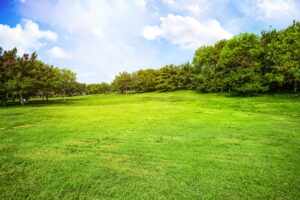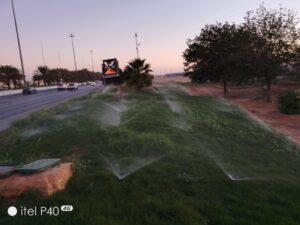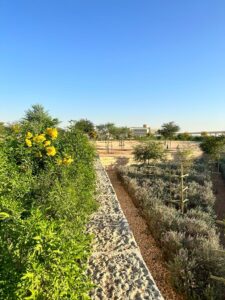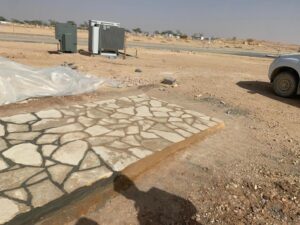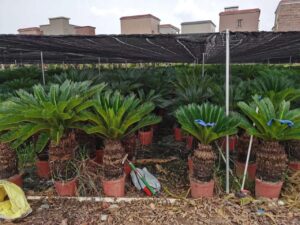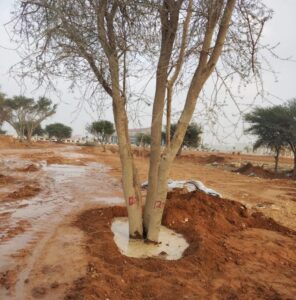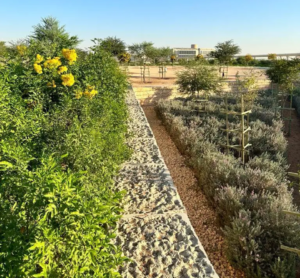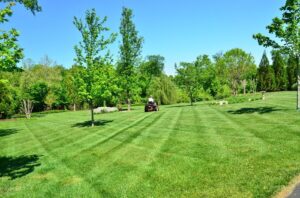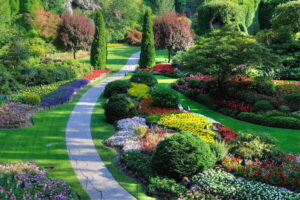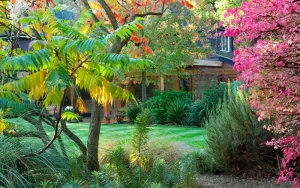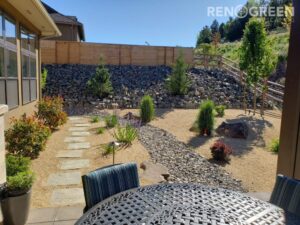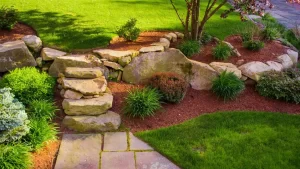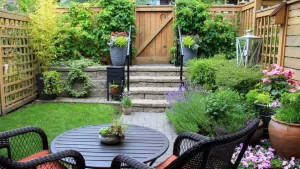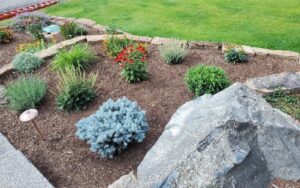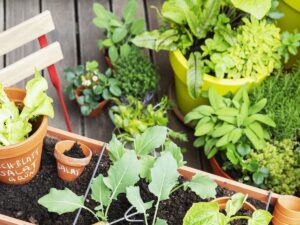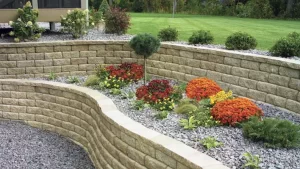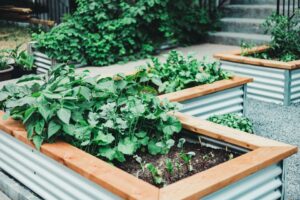The Importance of Proper Irrigation in Maintaining a Healthy Landscape Garden
12 May, 2025
Introduction
A well-maintained landscape garden is more than just an aesthetic delight; it is a testament to the harmony between nature and human ingenuity. Central to this harmony is the practice of proper irrigation—a critical component that ensures the vitality of plants, the conservation of water, and the sustainability of the environment. In regions like Saudi Arabia, where arid climates prevail, the role of an Irrigation Contractor in Saudi Arabia becomes indispensable. These professionals bring expertise in designing and implementing irrigation systems tailored to the unique challenges of the region.
This article delves into the multifaceted importance of proper irrigation in landscape gardening, emphasizing the pivotal role of irrigation contractors in Saudi Arabia. It explores the benefits of efficient irrigation, the various systems employed, and best practices to maintain a thriving garden in challenging climates.
The Crucial Role of Irrigation in Landscape Gardening
1. Ensuring Plant Health and Growth
Proper irrigation delivers the right amount of water to plants, ensuring they receive essential nutrients and maintain cellular functions. Inconsistent watering can lead to stress, making plants susceptible to diseases and pests. An efficient irrigation system promotes deep root growth, enhancing plant stability and resilience.
2. Water Conservation
In arid regions like Saudi Arabia, water is a precious resource. Efficient irrigation systems, such as drip irrigation, minimize water wastage by delivering water directly to the plant roots, reducing evaporation and runoff. This targeted approach ensures optimal water use, aligning with sustainable gardening practices.
3. Soil Preservation
Overwatering can lead to soil erosion, nutrient leaching, and compaction. Proper irrigation maintains soil structure and fertility, providing a stable environment for plant roots. By preventing waterlogging and runoff, it preserves the integrity of the garden's foundation.
4. Enhancing Aesthetic Appeal
A well-irrigated garden boasts lush greenery, vibrant flowers, and healthy trees, enhancing the overall visual appeal. Consistent watering ensures uniform growth, preventing dry patches and promoting a harmonious landscape.
Types of Irrigation Systems
1. Drip Irrigation
Drip irrigation involves delivering water directly to the plant's root zone through a network of valves, pipes, tubing, and emitters. This method is highly efficient, reducing water wastage and minimizing weed growth by targeting specific areas. It's particularly beneficial in arid regions where water conservation is paramount.
2. Sprinkler Systems
Sprinkler systems distribute water through overhead spray, mimicking natural rainfall. They are suitable for covering large areas and are commonly used in lawns and open gardens. However, they may lead to higher evaporation rates, especially in hot climates.
3. Surface Irrigation
This traditional method involves distributing water over the soil surface by gravity. While cost-effective, it requires level land and can lead to uneven water distribution, making it less efficient in water-scarce regions.
4. Subsurface Irrigation
Subsurface irrigation delivers water below the soil surface, directly to the root zone. It reduces evaporation and is effective in areas with high temperatures and wind. However, installation and maintenance can be complex and costly.
The Role of Irrigation Contractors in Saudi Arabia
1. Expertise in Arid Climate Solutions
Irrigation contractors in Saudi Arabia possess specialized knowledge in designing systems that address the challenges of arid climates. They assess soil types, plant species, and environmental conditions to implement efficient irrigation strategies that conserve water and promote plant health.
2. Implementation of Advanced Technologies
Modern irrigation systems incorporate technologies like soil moisture sensors, weather-based controllers, and automated timers. Contractors ensure these technologies are correctly installed and calibrated, optimizing water use and reducing manual intervention.
3. Regular Maintenance and Upgrades
Regular inspection and maintenance are crucial for the longevity and efficiency of irrigation systems. Contractors provide services such as leak detection, system flushing, and component replacement, ensuring the system operates at peak performance.
4. Compliance with Local Regulations
Professional contractors are well-versed in local regulations and standards related to water use and irrigation practices. They ensure that the systems installed comply with legal requirements, avoiding potential fines and promoting sustainable practices.
Best Practices for Efficient Irrigation
1. Scheduling Watering Times
Watering during early morning or late evening reduces evaporation losses. Automated systems can be programmed to operate during these optimal times, ensuring efficient water use.
2. Zoning the Landscape
Dividing the garden into zones based on plant types and water requirements allows for tailored irrigation. This approach ensures each plant receives the appropriate amount of water, promoting uniform growth and health.
3. Regular System Checks
Periodic inspection of the irrigation system helps identify leaks, clogs, or malfunctioning components. Timely repairs prevent water wastage and ensure consistent water delivery to plants.
4. Incorporating Mulching
Applying mulch around plants retains soil moisture, reduces evaporation, and suppresses weed growth. It complements the irrigation system by maintaining consistent soil hydration levels.
Conclusion
Proper irrigation is the lifeblood of a healthy landscape garden, especially in regions like Saudi Arabia where water scarcity poses significant challenges. Engaging a professional Irrigation Contractor in Saudi Arabia ensures the implementation of efficient, sustainable, and compliant irrigation solutions tailored to the unique environmental conditions. By embracing advanced technologies and best practices, these experts play a pivotal role in transforming arid landscapes into thriving green spaces, contributing to environmental conservation and enhancing the quality of life.
- Fountain and Waterfalls
- Gardening
- hardscape
- Irrigation system
- Landscape
- Lawn
- Nursery
- Palm Tree
- Plantation and Maintenance
- softscape
- Tree Transplanting
- Washingtonian Tree
Categories
Latest Post
- Fountain and Waterfalls
- Gardening
- hardscape
- Irrigation system
- Landscape
- Lawn
- Nursery
- Palm Tree
- Plantation and Maintenance
- softscape
- Tree Transplanting
- Washingtonian Tree




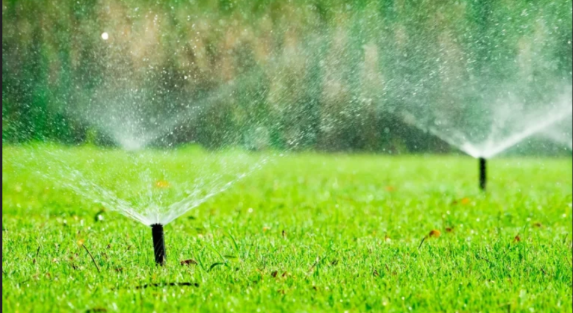

 .
.